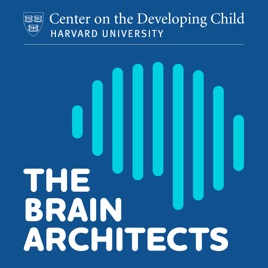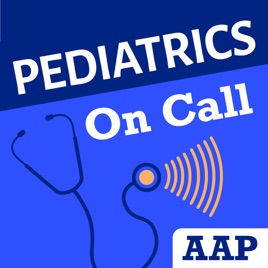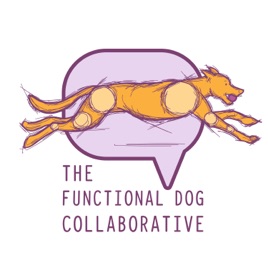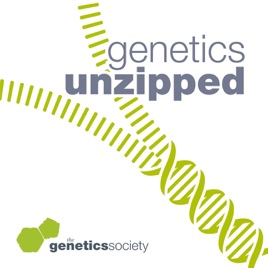A New Lens on Poverty: Working Towards Fairness of Place in the United States
2024/01/24
Contents
Podcast
Panelists
Additional Resources
Transcript
In the fall of 2023, we kicked off our three-part Place Matters webinar series with our first installment: “A New Lens on Poverty: Working Towards Fairness of Place in the United States.” The webinar discussion featured the work of Mona Hanna-Attisha, MD, MPH, FAAP, whose research uncovered the water crisis in Flint, H. Luke Shaefer, PhD, co-author of the new book The Injustice of Place: Uncovering the Legacy of Poverty in America, and their groundbreaking new program, RxKids, an innovative effort to address child poverty and improve health equity. This conversation, moderated by our Chief Science Officer, Lindsey Burghardt, MD, MPH, FAAP, has been adapted for the Brain Architects podcast.
Panelists
Mona Hanna-Attisha, MD, MPH, FAAPFounding Director, Pediatric Public Health Initiative
H. Luke Shaefer, PhDProfessor of Public Policy and Director of Policy Solutions, University of Michigan
Lindsey C. Burghardt, MD, MPH, FAAP (Moderator)Chief Science Officer, Center on the Developing Child at Harvard University
Rebecca Hansen, MFA (Webinar Host)Director of Communications, Center on the Developing Child at Harvard University
Amelia Johnson (Podcast Host)Communications Specialist, Center on the Developing Child at Harvard University
Additional Resources
Place Matters: The Environment We Create Shapes the Foundations of Healthy Development
RxKids
The Injustice of Place: Uncovering the Legacy of Poverty in America
What the Eyes Don't See: A Story of Crisis, Resistance, and Hope in an American City
Transcript
Amelia Johnson: Welcome to The Brain Architects, a podcast from the Center on the Developing Child at Harvard University. I’m Amelia Johnson, the Center’s Communications Specialist. Our Center believes that advances in the science of child development provide a powerful source of new ideas that can improve outcomes for children and their caregivers. By sharing the latest science from the field, we hope to help you make that science actionable and apply it in your work in ways that can increase your impact.
In October, we kicked off our three-part Place Matters webinar series with our first installment: “A New Lens on Poverty: Working Towards Fairness of Place in the United States.” During the webinar, Dr. Lindsey Burghardt, our Chief Science Officer, moderated a discussion between Dr. Mona Hanna-Attisha, whose research uncovered the water crisis in Flint, and H. Luke Shaefer, co-author of the new book The Injustice of Place: Uncovering the Legacy of Poverty in America. The resulting explores how the qualities of the places where people live are shaped by historic and current policies, which have created deep disadvantage across many communities with important implications for the health and development of the children who live there. We’re happy to share these insights with you all on today’s episode.
Now, without further ado, here’s Rebecca Hansen, the Center’s Director of Communications, who will set the stage with a brief overview of the webinar series.
Rebecca Hansen: Alright, hello, everyone. My name is Rebecca Hansen, and I'm the Director of Communications here at the Center on the Developing Child. And I'm very excited to welcome you all to today's webinar, A New Lens on Poverty: Working Toward Fairness of Place in the United States. This webinar is the first in an ongoing series designed to examine the many ways that a child's broader environment, including the built and natural environments, as well as the systemic factors that shape those environments,
more














